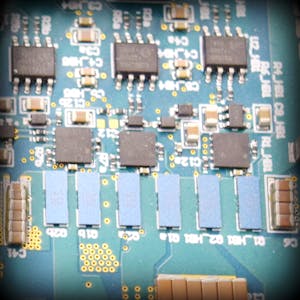what are the failure mode of capacitors ?
Capacitors are electronic components that store electrical energy and are used in a wide variety of applications. The failure modes of capacitors can depend on their type, construction, and operating conditions. Here are some common failure modes of capacitors:
- Open-circuit failure: In this case, the capacitor fails to store electrical charge or release it when needed, resulting in an open circuit. This can be caused by a number of factors, including overvoltage stress, mechanical damage, or aging.
- Short-circuit failure: In this case, the capacitor fails to isolate the electrical charge, resulting in a short circuit. This can be caused by factors such as overvoltage, mechanical damage, or manufacturing defects.
- Leakage failure: In this case, the capacitor's dielectric material breaks down, resulting in a current flow through the capacitor that reduces its capacitance. This can be caused by factors such as overvoltage, temperature stress, or aging.
- Dielectric breakdown failure: In this case, the capacitor's dielectric material breaks down completely, resulting in a short circuit. This can be caused by factors such as overvoltage, overcurrent, or manufacturing defects.
- ESR (Equivalent Series Resistance) increase failure: ESR is the internal resistance of a capacitor. An increase in ESR can cause the capacitor to heat up, which can lead to further damage or failure. ESR can increase due to aging, overloading, or manufacturing defects.
Overall, it is important to select the appropriate type of capacitor for the application and to operate it within its rated specifications to minimize the risk of failure. Additionally, regular testing and maintenance can help identify potential failures before they occur.

.png)
.png)























No comments